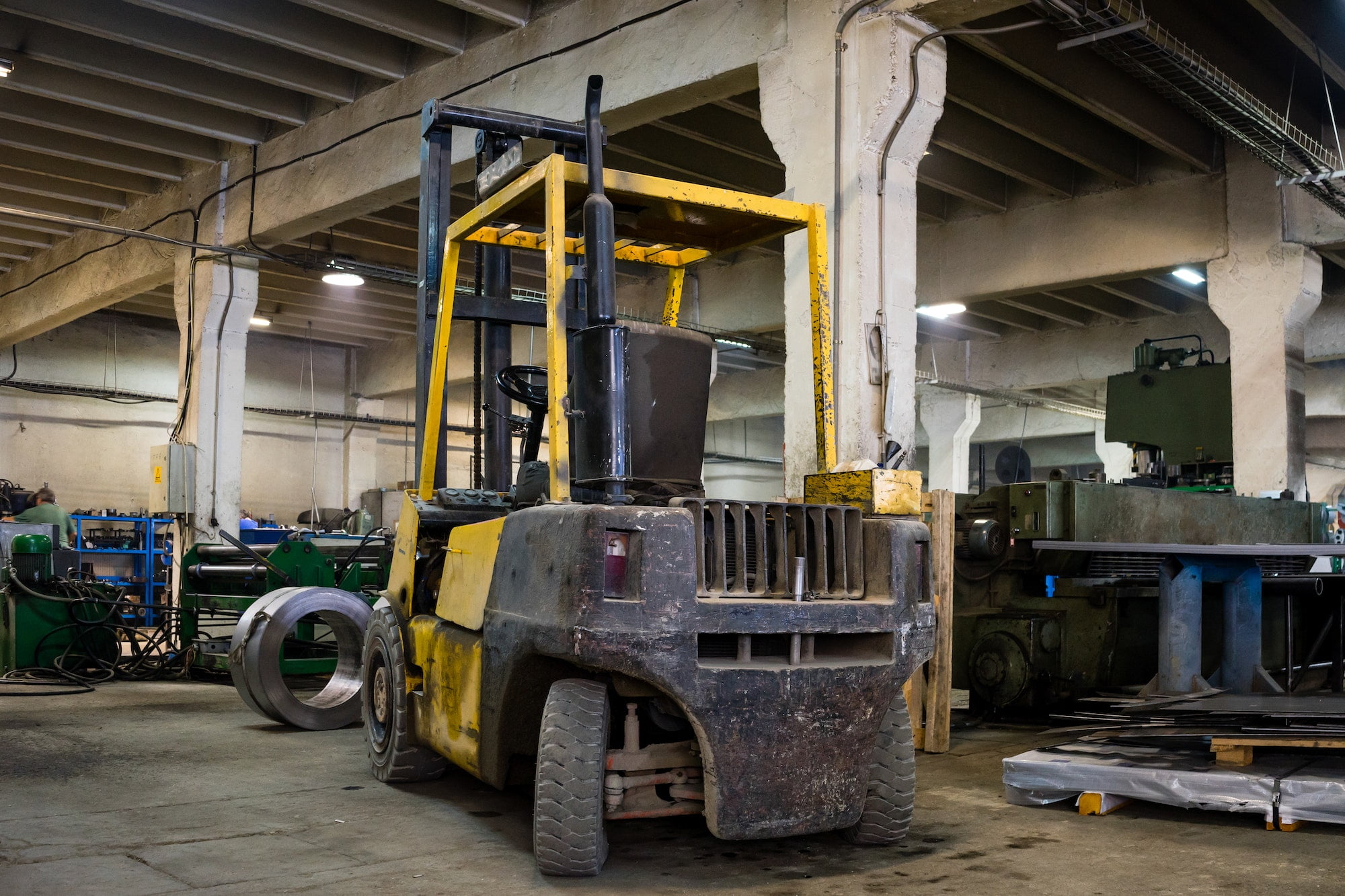Forklifts are essential pieces of equipment in a variety of industries and businesses, from construction sites to warehouses. As the technology surrounding forklifts advances, managing your forklift fleet is becoming increasingly complex. Fortunately, technology provides powerful solutions for forklift fleets.
Reduced Maintenance Costs
In many cases, using modern technology to manage your forklift fleet can reduce maintenance costs. This is because integrated technologies like GPS tracking, preventative maintenance programs, and real-time monitoring systems can alert you to potential problems before they become major issues. This means that you’ll be able to identify small problems before they become more expensive ones. Additionally, some of these technologies allow you to track the service history of each of your vehicles, so you can plan ahead and make sure that they are properly maintained.
For example, a fleet management system could alert you when a particular forklift needs its engine oil changed or when it is due for other servicing. This makes it easier for you to stay on top of maintenance schedules and potentially save money by avoiding costly repairs down the line.
Increased Efficiency
Using technology to manage your forklift fleet can also increase efficiency in a number of ways. For instance, GPS tracking systems can help you keep track of where each vehicle is at any given time. This way, if a forklift isn’t being used efficiently or is taking too long to complete tasks, it can be addressed quickly.
Additionally, modern technologies like radio-frequency identification (RFID) tags and barcodes allow you to quickly keep track of inventory and materials in real-time. This means that your team won’t have to spend as much time manually logging data and looking for items in storage areas.
Improved Safety
Using technology to manage your forklift fleet can also lead to improved safety on the job site. Modern technologies like sensors and cameras help monitor the speed at which operators move their vehicles and alert them when they are going too fast or taking sharp turns. This prevents accidents that could otherwise lead to serious injury or damage.
GPS tracking systems can also be used to ensure that operators stay in designated areas and don’t wander into unsafe locations. As an added bonus, this helps reduce fuel costs by preventing unnecessary trips outside designated boundaries.
Better Communication
Finally, using technology to manage your forklift fleet allows for better communication between managers and operators. With modern communication tools like text messaging and video conferencing, managers can keep in touch with their team even if they are not physically present on the job site.
This allows managers to quickly relay instructions and feedback about operations, as well as monitor performance remotely. Real-time data can also be sent back from operators so that managers know exactly how things are going at all times.
Overall, using technology to manage your forklift fleet has many advantages. From reducing maintenance costs to improving communication between managers and operators, there are numerous benefits that come with embracing modern technologies for managing your forklift operations.

